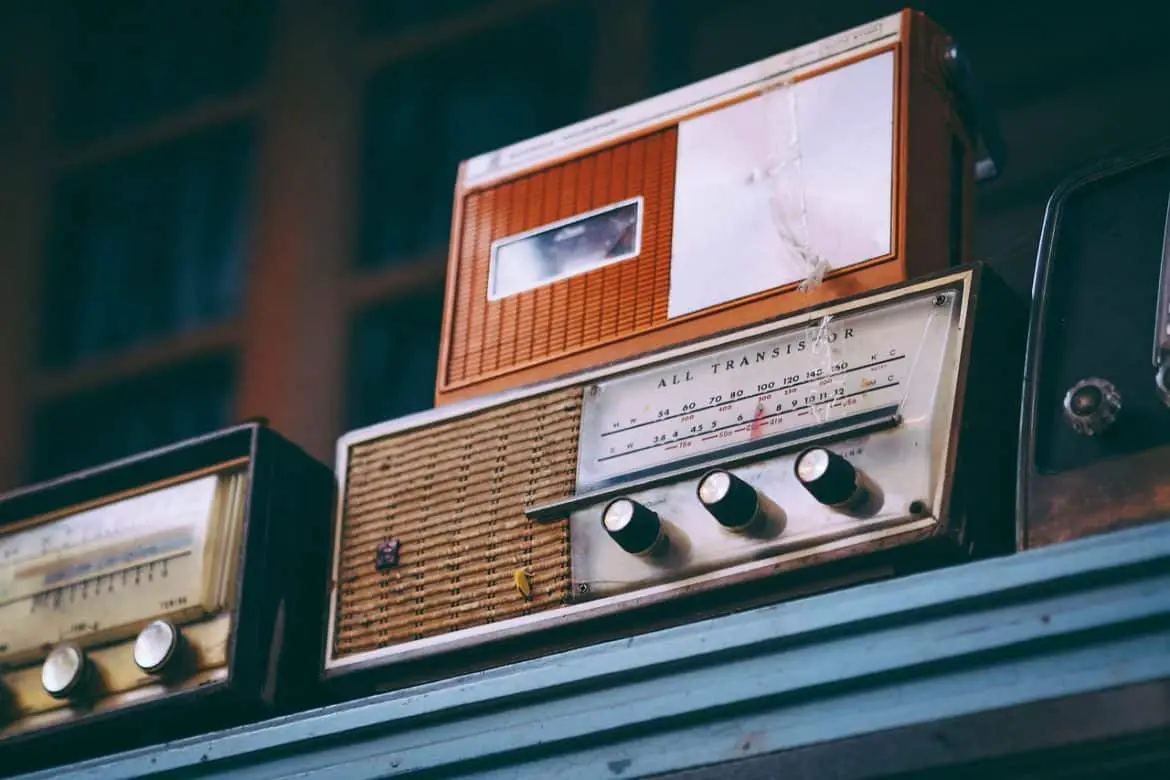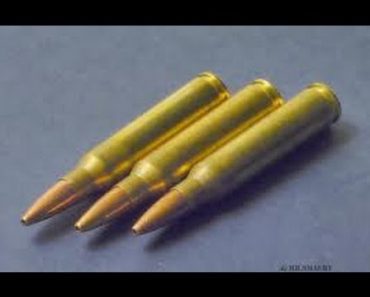Today’s post is about mindset, because I believe mental flexibility and preparedness is more important than equipment or even skill acquisition. If your mind is right you can work on everything else, and it’s the one thing that cannot be taken from you. I use an idea that originated with Notre Dame Football coach Lou […]
Author: David Nash
How to Clean Brass Shell Casings
If you’re already a reloader, then this post probably won’t tell you anything, but if you’re considering reloading then this is a topic you will need to become familiar with. Unless you buy shell casings that are new, then your going to have to clean the residue from them. Burnt powder as well as […]
Wouxun Programming and Unlocking Programs
You can find these Wouxun Programming programs pretty easily on the internet. However, you may have to log on to a forum or a download site to get the unblocking program. As a service, I figured I would put them all in one spot. My radio is the KG-UV3D model, but I am told the […]
How to Deprime Shell Casings
How to Deprime Shell Casings is something that really probably does not deserve its own post. If you cannot figure out how to do it your probably shouldn’t reload your own ammunition. However, I do have a couple things to say: You Can Deprime in Bulk I ended up with lots of brass before […]
Always Physically Check Your Firearm Chamber For Safety
So as I said in my Physically Check Your Firearm Chamber video above, firearm doctrine is created by our understanding of what works and why it works. Some things may seem to be superfluous or unnecessary when our understanding is limited, but as we understand the framework of the system we begin to realize WHY […]





